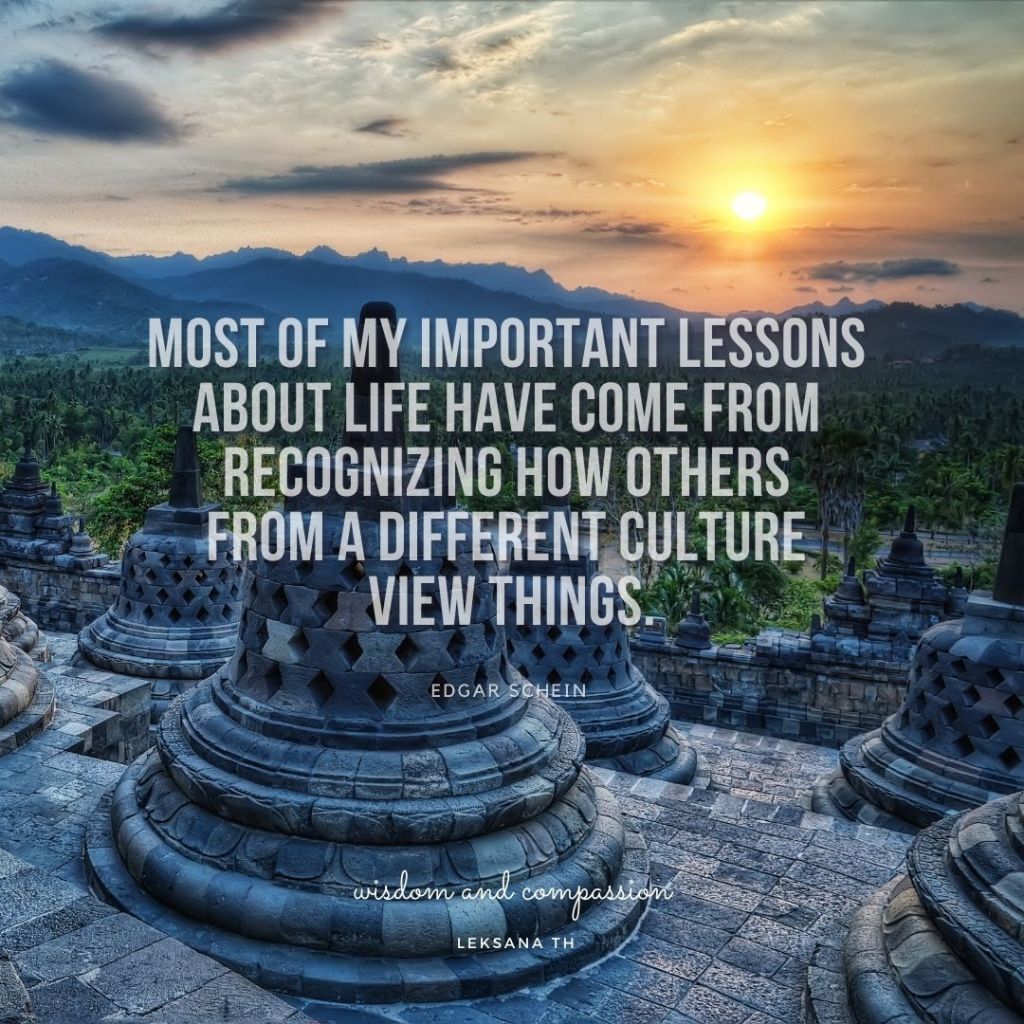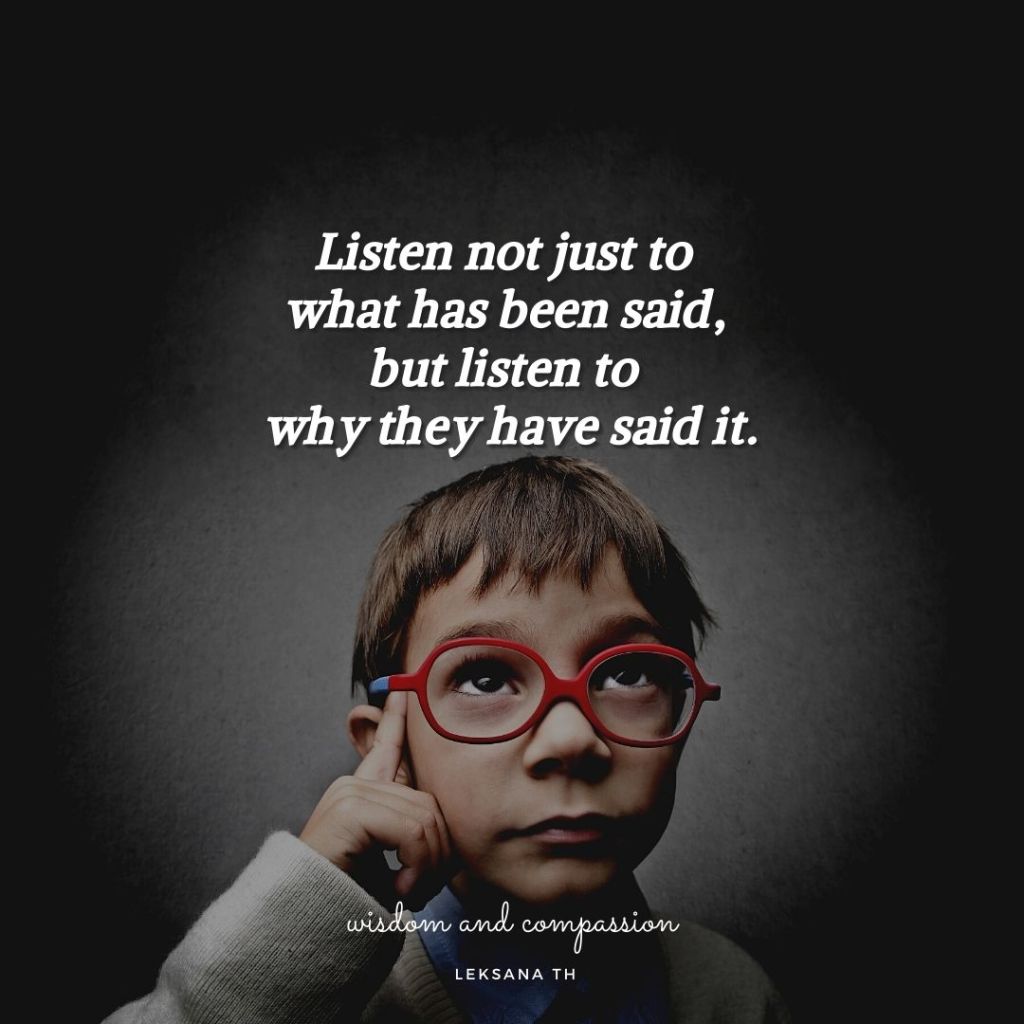Kekuatan suatu organisasi bisa dilihat dan dirasakan dari level TRUST orang-orangnya (SDM) terhadap para leader di organisasi tersebut. Organisasi yang trust levelnya kuat terlihat dari karyawannya yang responsif, memiliki inisiatif, kreatif, adaptif dan agile.
Sebaliknya di organisasi yang trustnya rendah kinerja organisasi akan terasa lemah. SDMnya cenderung bermain aman, terbiasa untuk memiliki caring selektif yaitu hanya peduli ke atasan atau pemegang power. Inisiatif dari bawah sangat jarang.
Blaming dan berkelit jadi habit. Stress, kelelahan mental, dan absensi karyawan tinggi. TRUST di organisasi bisa dibangun oleh para leader puncak!
Berikut komponen soko guru penyangga TRUST organisasi:
Yang Pertama niatan dan integritas para leader. Niatan seorang leader dibaca dari kepedulian, perhatian, keterbukaan, transparansi, kemauan menuntun serta membina teamnya. Integritas leader dibaca dari sikapnya yang fair – adil, konsistensi antara ucapan dan tindakan, komitmen terhadap janjinya, dan adanya balance antara mengutamakan stakeholders atau ego dirinya.
Komponen Kedua adalah kemampuan leader. Jika leader yang dipilih berbobot skill, pengalaman dan knowledgenya maka trust organisasi akan kuat.
Yang ketiga adalah REPUTASI dan KREDIBILITAS leader. Reputasi leader dibaca dari relationshipnya, pola perilaku serta emosinya. Perilaku seperti kecenderungan menyalahkan, kurang peka, mendominasi pembicaran, kurang mau mendengar, terlalu menuntut, mudah tersinggung, tidak sabaran, egois, micro managing, itu semua berpotensi melemahkan reputasi seorang leader.
Sebaliknya leader yang cool down di saat tertekan, sabar menuntun proses berpikir team, membahas masalah yang berat dengan cara yang ringan, menjaga relationship dengan respect dan caring, akan memiliki reputasi yang kuat. KREDIBILITAS seorang leader ditentukan dari rekam jejak kinerja, keputusan2 penting yang dibuat DAN …Orang-orang membaca apakah leadernya punya komitmen, memegang value dan prinsip, …..tidak mudah goyah oleh kepentingan sesaat, …..bijak memutuskan dan …seimbang melihat short term versus long term. Rekan2 para leaders,…. TRUST yang kokoh sebenarnya tidak sulit asalkan para leaders memiliki kesadaran kolektif dan bersedia untuk SHIFTING!
SSC berpengalaman memandu proses SHIFTING organisasi dengan melakukan process TRANSFORMASI ORGANISASI.
Melalui pembekalan kepara leader dibentuklah proses leader sebagai PEMERSATU, PENGAYOM, PEMBINA, PENGGERAK segenap SDM di organisasi.
Simak dan sebarkan sharing kami di channel ini ke lingkungan anda! Berikan feedback, komentar atau pertanyaan yang dapat membantu kami agar terus hadir memberikan tips praktsi bagi para leaders agar memperoleh sharing berharga untuk learning dan growth.
Sampai jumpa di sharing kami berikutnya.
Stay safe dan be healthy.
Leksana TH.
linkedin.com/in/leksanath








